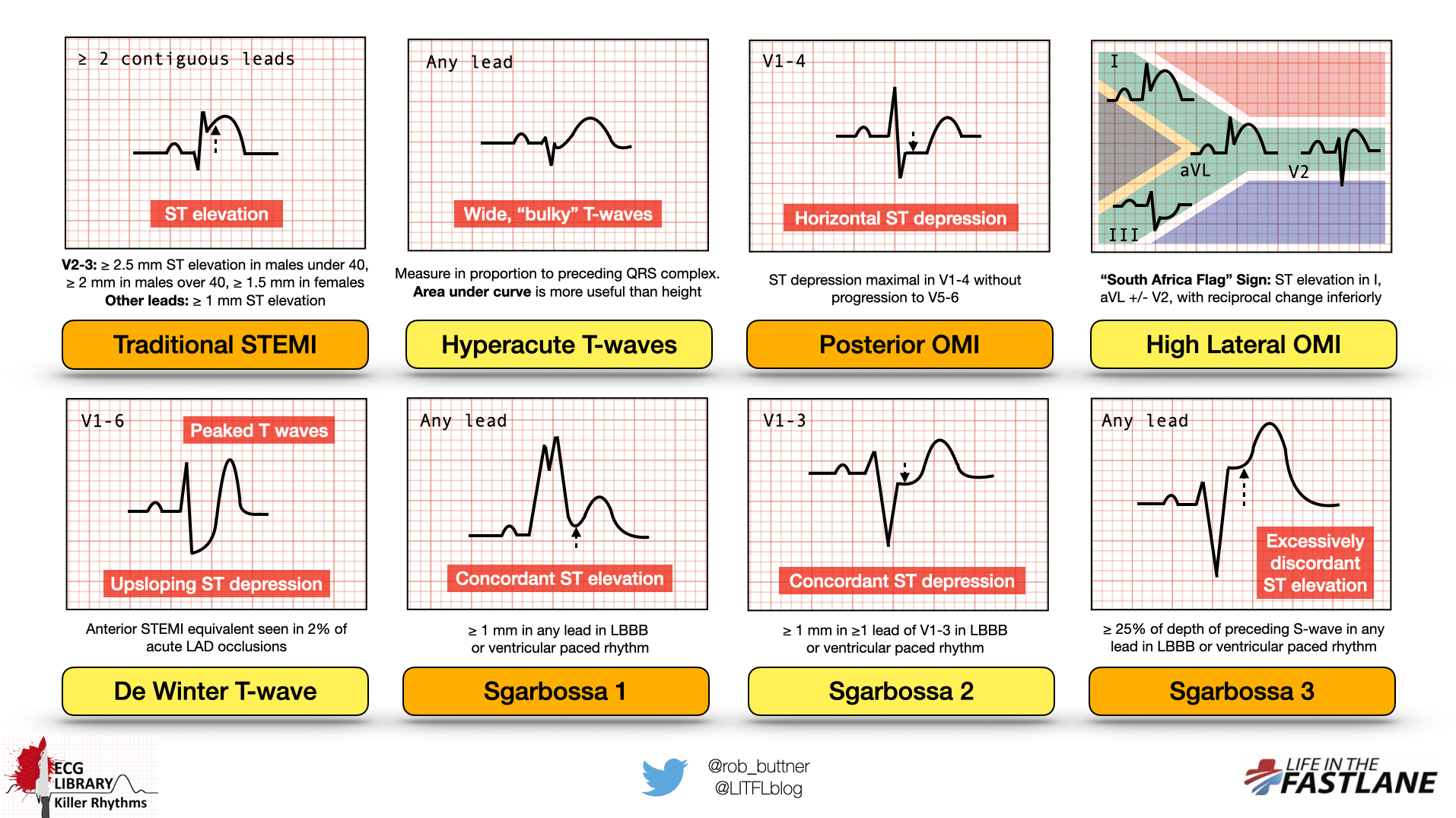Abnormal Ecg Values Chart
Abnormal Ecg Values Chart - Six of these views are vertical (using frontal leads i, ii, and iii and limb leads avr, avl, and avf), and 6 are horizontal (using precordial leads v1, v2, v3, v4, v5, and v6). Several situations and medical conditions can cause abnormal ekg results, including electrolyte imbalances and irregular heart rhythms. Ecg test results can help your care team diagnose:. An electrocardiogram (ekg) measures your heart's electrical activity. Assess your heart rhythm to see if it’s normal or if you have arrhythmia. See the characteristics, causes, and management of sinus tachycardia,.
These components will now be explained in more detail. It shows how fast or how slow the heart is beating. Knowing how to read an ecg report is crucial as the results may indicate some abnormalities and chronic heart conditions which require immediate treatment. A heart rate that is faster. See the characteristics, causes, and management of sinus tachycardia,.
An electrocardiogram (ekg) measures your heart's electrical activity. An abnormal ecg result could mean anything from an abnormal heart rate, irregular rhythm, abnormal waveforms or abnormal intervals: Find out what an abnormal ekg means and understand your treatment options. Learn more in this article. It shows how fast or how slow the heart is beating.
Diagnose poor blood flow to your heart muscle (ischemia) because of coronary artery disease. Find out what an abnormal ekg means and understand your treatment options. Knowing how to read an ecg report is crucial as the results may indicate some abnormalities and chronic heart conditions which require immediate treatment. P waves represent atrial depolarisation. Ecg test results can help.
It shows how fast or how slow the heart is beating. There are many different systems to interpret the ecg. An abnormal ecg result could mean anything from an abnormal heart rate, irregular rhythm, abnormal waveforms or abnormal intervals: Knowing how to read an ecg report is crucial as the results may indicate some abnormalities and chronic heart conditions which.
This system ensures you will never miss anything: It shows how fast or how slow the heart is beating. See the characteristics, causes, and management of sinus tachycardia,. Sinus rhythm (which is the normal rhythm) has the following characteristics: Left or right atrial hypertrophy, atrial escape (ectopic) beats.
Learn how to read ekg papers and identify different heart arrhythmias with this cheat sheet. P waves represent atrial depolarisation. These components will now be explained in more detail. Find out what an abnormal ekg means and understand your treatment options. Six of these views are vertical (using frontal leads i, ii, and iii and limb leads avr, avl, and.
Abnormal Ecg Values Chart - Find out what an abnormal ekg means and understand your treatment options. Ecg test results can help your care team diagnose:. An electrocardiogram (ecg or ekg) is done to check the heartbeat. A heart rate that is faster. Diagnose poor blood flow to your heart muscle (ischemia) because of coronary artery disease. Six of these views are vertical (using frontal leads i, ii, and iii and limb leads avr, avl, and avf), and 6 are horizontal (using precordial leads v1, v2, v3, v4, v5, and v6).
See the characteristics, causes, and management of sinus tachycardia,. An electrocardiogram (ekg) measures your heart's electrical activity. These components will now be explained in more detail. Diagnose poor blood flow to your heart muscle (ischemia) because of coronary artery disease. There are many different systems to interpret the ecg.
A Heart Rate That Is Faster.
Find out what an abnormal ekg means and understand your treatment options. Several situations and medical conditions can cause abnormal ekg results, including electrolyte imbalances and irregular heart rhythms. Sinus rhythm (which is the normal rhythm) has the following characteristics: An electrocardiogram (ekg) measures your heart's electrical activity.
See The Characteristics, Causes, And Management Of Sinus Tachycardia,.
An abnormal ecg result could mean anything from an abnormal heart rate, irregular rhythm, abnormal waveforms or abnormal intervals: P waves represent atrial depolarisation. An electrocardiogram (ecg or ekg) is done to check the heartbeat. This system ensures you will never miss anything:
Learn How To Read Ekg Papers And Identify Different Heart Arrhythmias With This Cheat Sheet.
Six of these views are vertical (using frontal leads i, ii, and iii and limb leads avr, avl, and avf), and 6 are horizontal (using precordial leads v1, v2, v3, v4, v5, and v6). It shows how fast or how slow the heart is beating. Assess your heart rhythm to see if it’s normal or if you have arrhythmia. Knowing how to read an ecg report is crucial as the results may indicate some abnormalities and chronic heart conditions which require immediate treatment.
Diagnose Poor Blood Flow To Your Heart Muscle (Ischemia) Because Of Coronary Artery Disease.
Left or right atrial hypertrophy, atrial escape (ectopic) beats. Ecg test results can help your care team diagnose:. Learn more in this article. There are many different systems to interpret the ecg.




